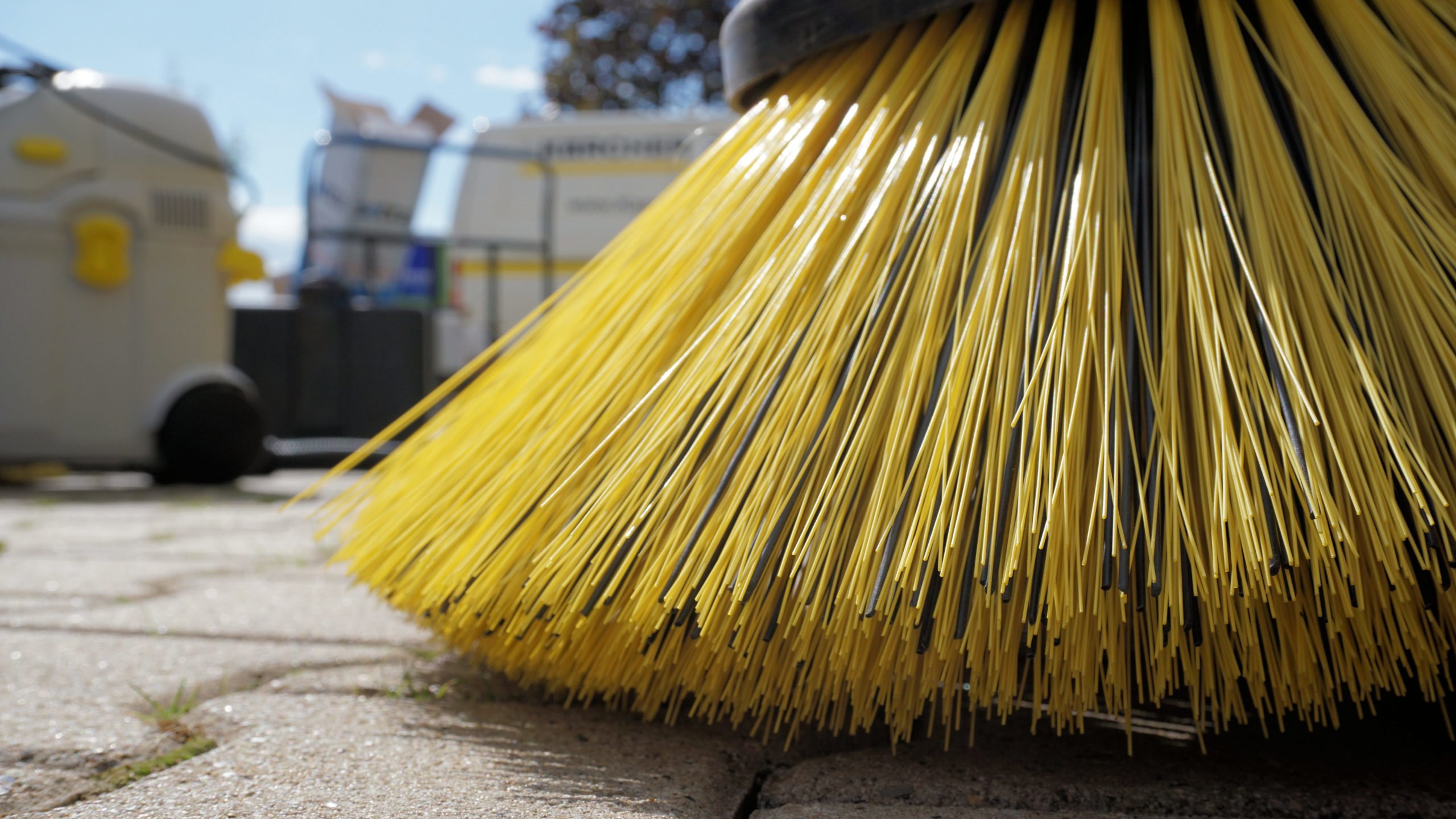In a rapidly changing economy, young South Koreans are increasingly turning to sanitation jobs — like street cleaning as a stable and respectable career path.
When Namdong District Office in Incheon announced new openings in late 2024, they received 130 applicants for just 15 street cleaner positions, maintaining a competitive rate of nearly nine applicants per spot. Remarkably, 45% of the applicants were in their 20s and 30s, and more women are entering the field than ever before.
For many young people, the appeal is clear: sanitation jobs offer stable employment, a respectable salary ranging from 48 to 53 million KRW (about $35,000–$38,500 USD), and strong civil servant-like benefits, including pension contributions, paid holidays, overtime pay, and retirement security at 60 years old.
Although sanitation workers are technically considered semi-public officials under local government contracts, they enjoy many of the same protections as civil servants, including Korea’s strict 52-hour workweek limit. Wage increases continue over time, reaching a cap after around 30 years of service.
How To Be A Street Cleaner In Korea
Applicants must still pass a multi-stage hiring process: document screening, physical fitness tests, and interviews. However, following complaints about excessively difficult requirements, some regions have eased the physical standards. Instead of demanding 20 chin-ups and four-minute sandbag holds, newer tests often focus more on overall endurance, basic strength, and medical fitness. This change has helped open the door for a broader range of applicants, including women and those with different athletic backgrounds.
Why Sanitation Jobs Appeal to Youth
Korea’s youth unemployment rate remains a challenge despite slight improvements. Many available jobs are part-time, temporary, or offer low wages with few career prospects. As a result, stable public sector jobs have become more attractive than traditional corporate careers, especially among young graduates who seek work-life balance and financial security.
Moreover, the cultural perception of sanitation work has shifted dramatically in recent years. Once seen as an undesirable career, it is now respected as essential, honest labor contributing to society’s wellbeing. With Korea’s aging population, public appreciation for essential services like street cleaning has only grown stronger.
Economic Trends
South Korea’s economy continues to grapple with low fertility rates, an aging workforce, and modest GDP growth. Under these conditions, stable jobs are increasingly rare and highly sought after. Although national employment rates have risen slightly, critics argue that much of the job growth has been in part-time or senior citizen positions, not in full-time roles for younger adults.
Faced with these realities, young Koreans are reshaping their career expectations, seeking work that promises stability, fair treatment, and a sustainable future — and for many, that future starts with a broom and a commitment to public service.





